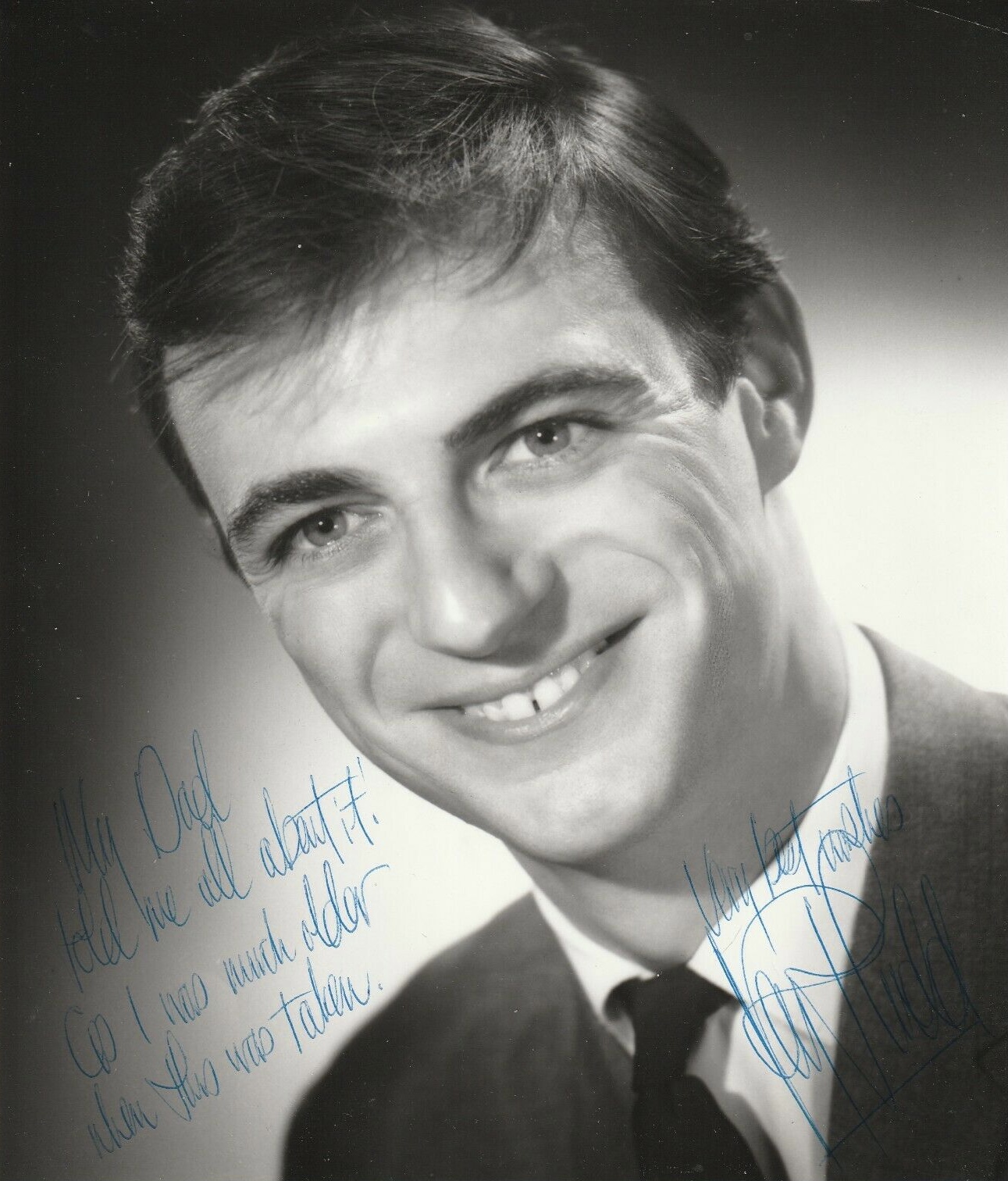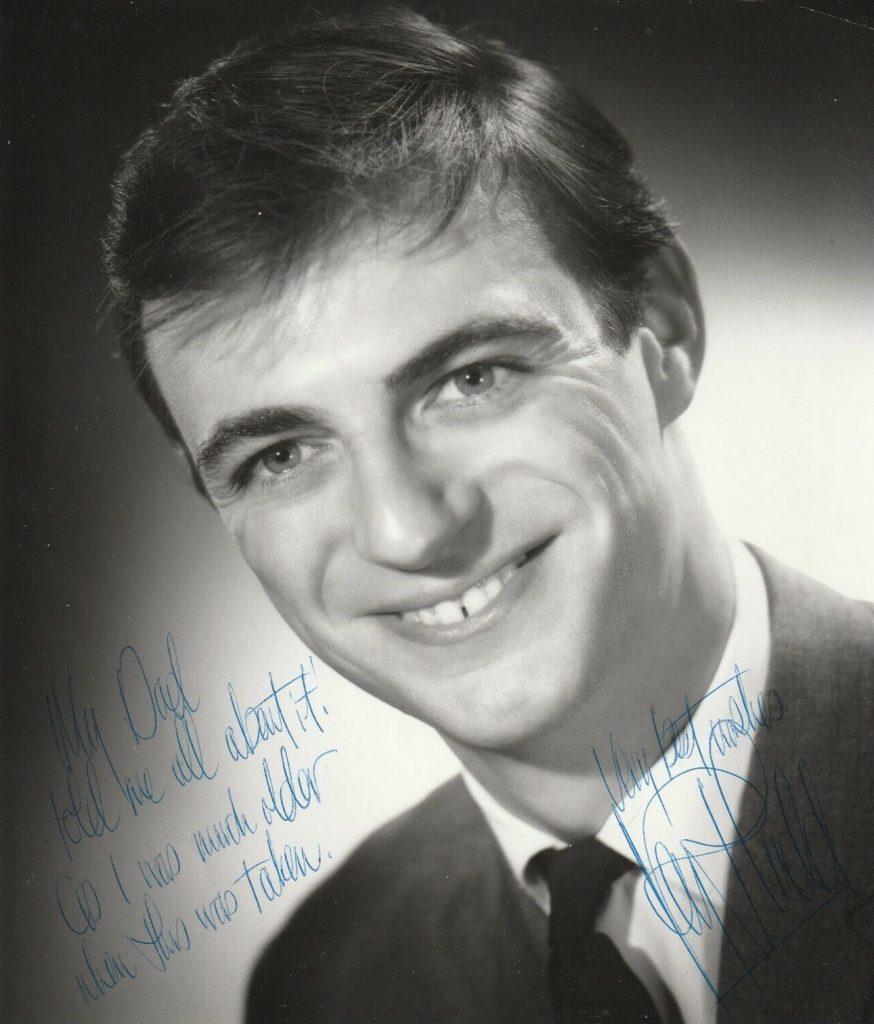
‘Guardian” obituary by Stephen Dixon in 2020.
For much of his long career, it could be a little difficult for people to get an exact fix on Roy Hudd, who has died aged 83. What was he – a comedian, an author, a radio satirist, a serious actor, a soap star, an archivist, or a leading authority on British music-hall and variety entertainment?
Hudd was all of these, but saw himself primarily as a man born too late to fulfil his dream of life as an old-style variety comic, which is how he started out in the late 1950s at the bottom of bills topped by artists such as the comic Max Miller and the male impersonator Hetty King.
In 1958 Hudd’s agent, Morris Aza, suggested he audition for Launcelot Gobbo in The Merchant of Venice. As Hudd later explained: “Morris said, ‘In about three or four years variety will be finished. You’ve got to learn scripts and do other things.’ It was great advice. I’ve kept on the move ever since.”
And this diversity consolidated into a well-earned niche for him in the pantheon of British national treasures. With his round, laughter-lined clown’s face and warm, gap-toothed grin (but with a hint of sadness and loneliness around the eyes), he could always be relied upon to raise a smile, inspire a sing-song or amaze audiences with his knowledge of the good old days.
He wrote or co-authored around 20 books; some, such as Roy Hudd’s Cavalcade of Variety Acts (1997), remain invaluable records of long-gone performers and their accompanying billing. Without Hudd (whose own variety billing was the Peculiar Person), how would we be aware that outlandish turns such as the Mysterious Werth (Banana Skin and Stone Manipulator), Tom Mennard (Juggles with Live Geese), Juna (the Human Gasometer) and the Three Aberdonians (Too Mean to Tell You What They Do) had captivated audiences back in the day?
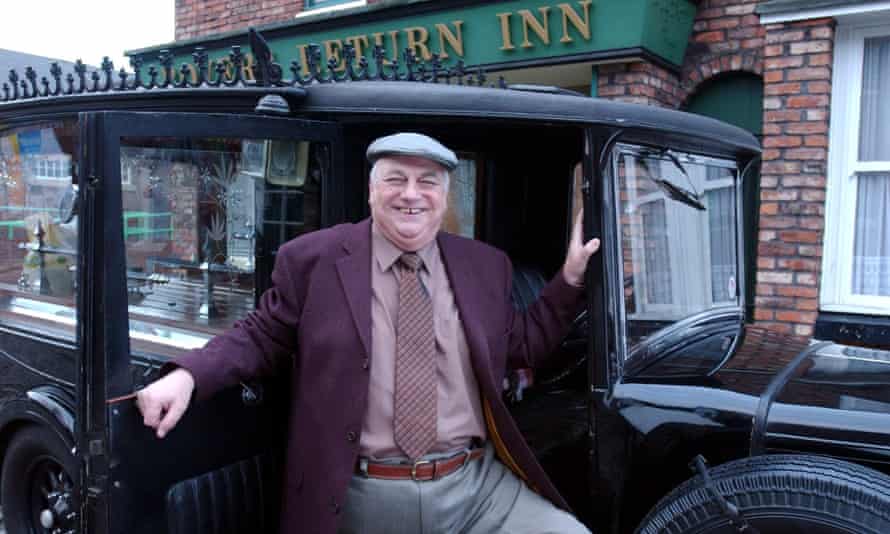
Advertisement
He was born in Croydon, Surrey, to Evalina (nee Barham) and Harry Hudd. Roy’s father, a carpenter, was frequently absent and left the family home for good just after the second world war. The troubled Evalina – known as Evie – mostly ceded responsibility for her son’s upbringing to her mother, Alice. She died suddenly when Roy was 10. It was not until he was researching his autobiography, A Fart in a Colander (2009), 60 years later, that he discovered Evie had taken her own life.
In spite of these unhappy circumstances, Hudd always maintained that he had an idyllic childhood and he adored his funny and irascible grandmother, who instilled a strong moral code while managing to bring him up on her pension. She always included him in her favourite, barely affordable Friday night treat – a trip to the local variety theatre to enjoy a bill of comics and conjurors, acrobats and animal acts.
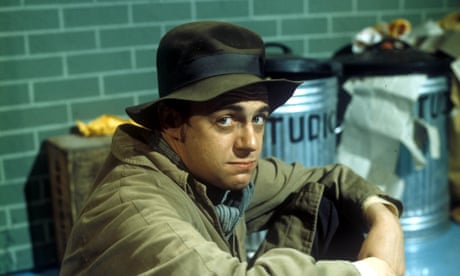
After leaving Tavistock secondary modern school, Croydon, and then Croydon secondary technical school, Hudd capitalised on a talent for design by joining an advertising agency as a messenger while studying layout, lettering and other essentials of commercial art. His grandmother died when he was 19, and in 1955 he was called up for national service. An ebullient young man, who had been the class clown at school, he organised many shows and concerts in the two years he was in the RAF.
In 1958 he formed a double act with a childhood friend, Eddie Cunningham, as Hudd and Kay, and got his first real taste of show business when they took summer jobs as Redcoats at Butlin’s holiday camp, Clacton-on-Sea, Essex, where two of their colleagues were the singer Harry Webb, who became Cliff Richard, and the comedian Dave O’Mahony, who later changed his name to Dave Allen. “It was a terrific way of getting started in the business,” Hudd said, “because you didn’t have to be any good.”
Hudd and Kay attempted to earn a living on what was left of the variety circuit, but it was hard going as the old theatres were demolished or converted to bingo halls. But a date at the Finsbury Park Empire in 1959 changed his life. Topping the bill was Miller, with King and the blackface singer GH Elliott in support. Hudd was enchanted by the proximity of these great old stars, and what had been a fascination with the music hall era became an obsession as he began collecting variety bills, posters, photographs and gramophone records.
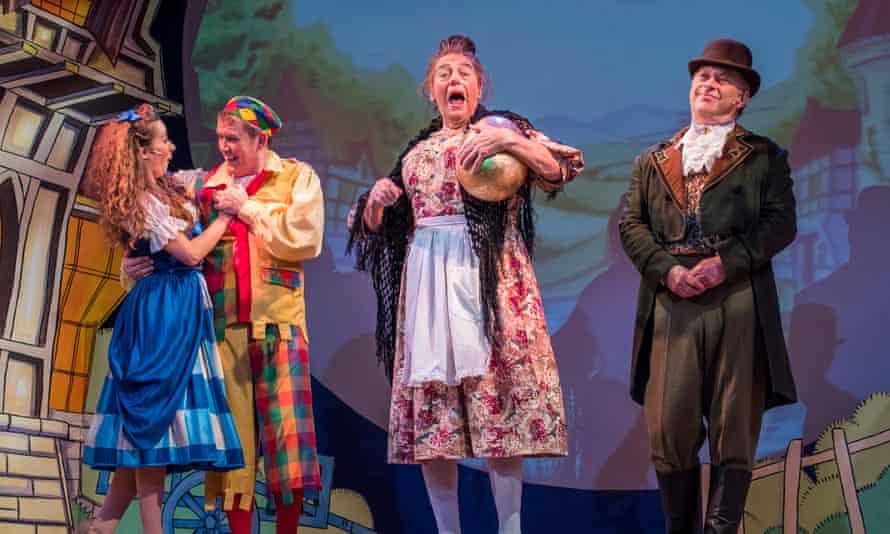
His first television break came in 1964 as a regular on the BBC satire show Not So Much a Programme, More a Way of Life, produced by Ned Sherrin, a follow-up to the popular That Was the Week That Was with the same host, David Frost. In spite of excellent performers – Hudd joined Willie Rushton, Eleanor Bron and John Bird – Not So Much a Programme … did not reproduce its forerunner’s success, and lasted one series. Nevertheless, it made Hudd’s face familiar, and more TV spots followed, including The Illustrated Weekly Hudd (BBC, 1966-67).Advertisementhttps://946339246ec5bcf85cd05c393e544b7c.safeframe.googlesyndication.com/safeframe/1-0-38/html/container.html
After a lean period, his greatest professional triumph began on BBC Radio 2 a few years later. The News Huddlines, which ran for a staggering 51 series from 1975 to 2001, was a blend of topical songs and satirical sketches, and co-starred June Whitfield (replacing Alison Steadman early on) and Chris Emmett. Unusually, much of it was written by members of the public, who sent in gags or sketches and were credited at the end. The scriptwriters Andy Hamilton and David Renwick were among those who got a start on Huddlines.
“It was probably the best thing I ever did,” Hudd said in 2016. “Its humour was never nasty. I always said, ‘Don’t pull the wings off the butterfly.’ But we were more subversive than today’s shows. By God, didn’t we have a go at some of them?”
Huddlines ended after BBC executives told him the show had become old-fashioned and suggested he might learn something from the presenting style of Jonathan Ross. “I said, ‘Where’s my hat? I’m off.’”
In 2002-03 Hudd played Archie Shuttleworth in Coronation Street, bringing a lifetime of comic expertise to the role of the cheerful undertaker – he returned to the soap for further guest appearances in 2006 and 2010. He had already cut his dramatic teeth in several television plays or series, including Common as Muck (BBC, 1994 and 1997) and strong character roles in two Channel 4 series by Dennis Potter, Lipstick on Your Collar (1993) and Karaoke (1996), for which he received critical acclaim. More recent television appearances included Call the Midwife (2012), Midsomer Murders (2014), Benidorm (2016) and Broadchurch (2017).
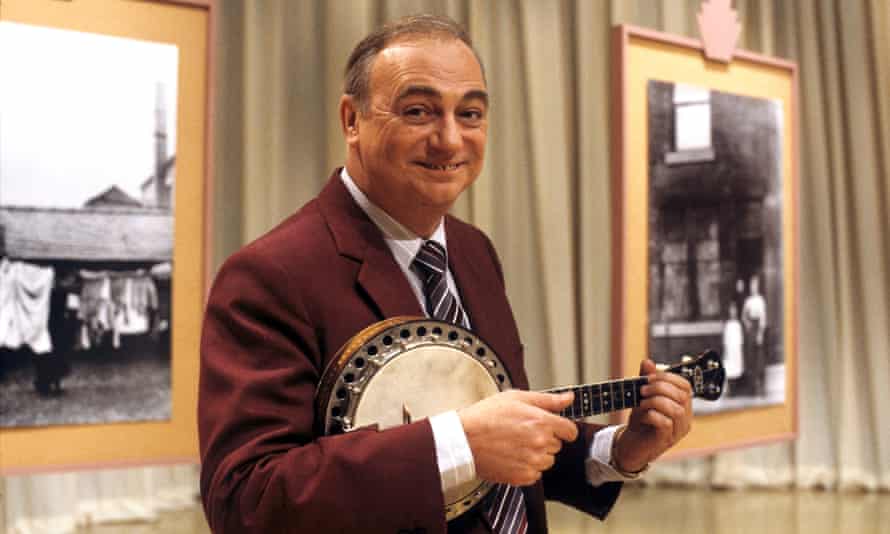
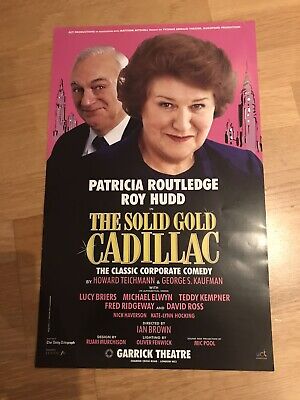
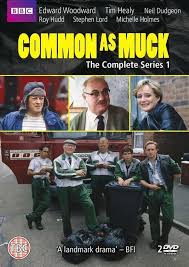
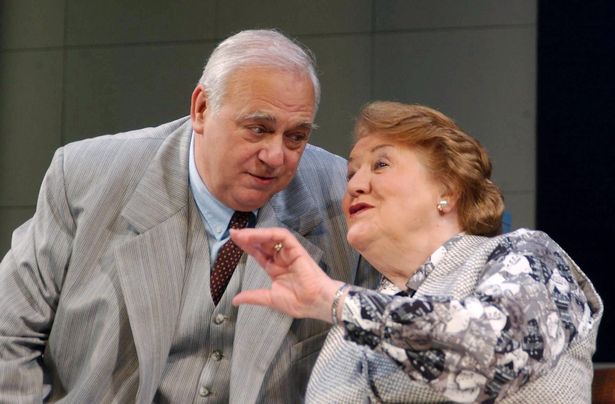
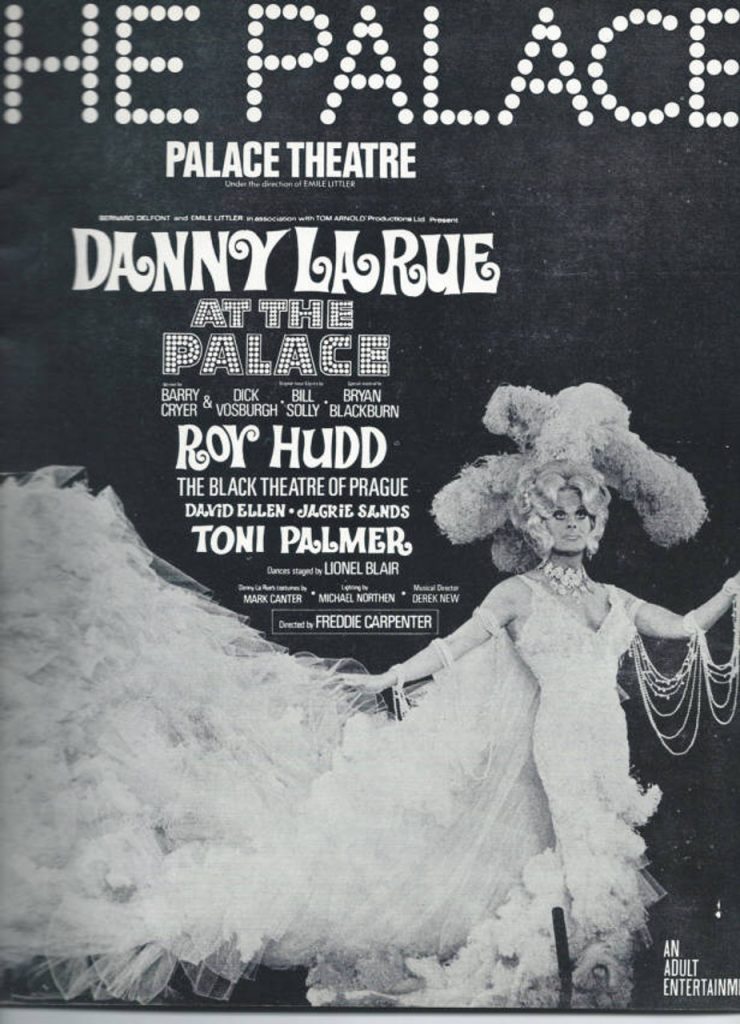
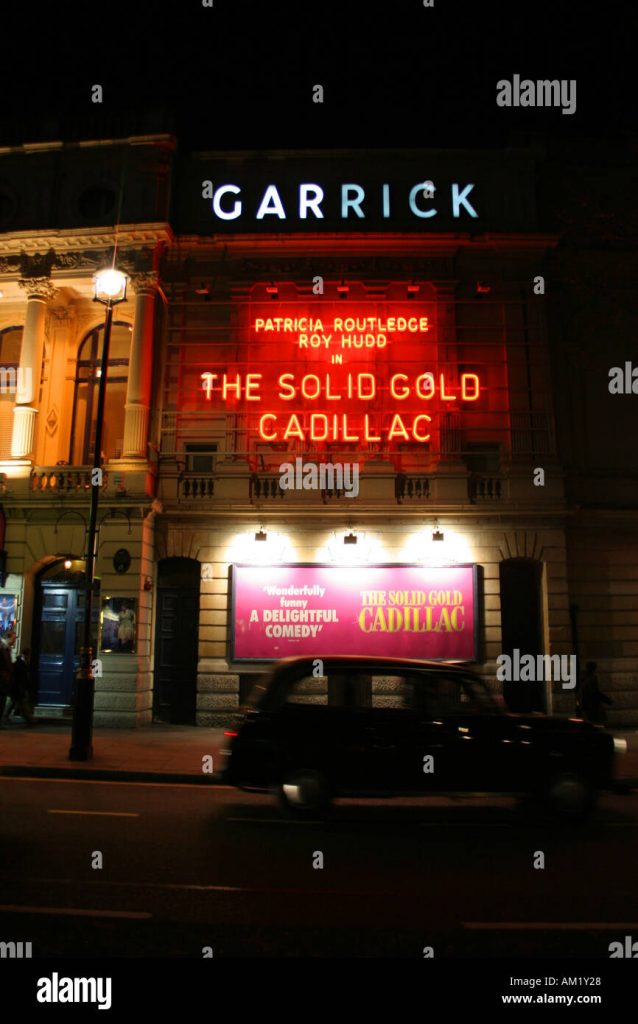
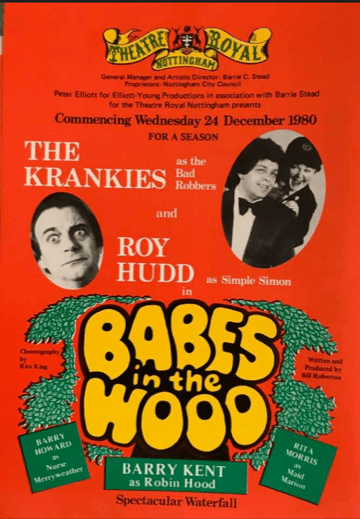
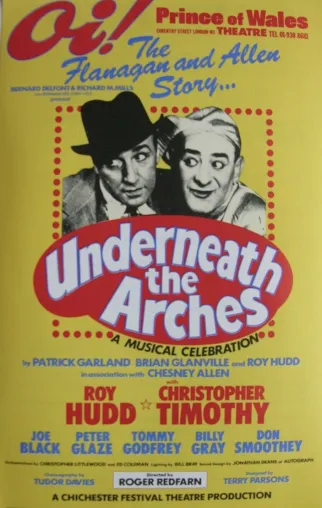
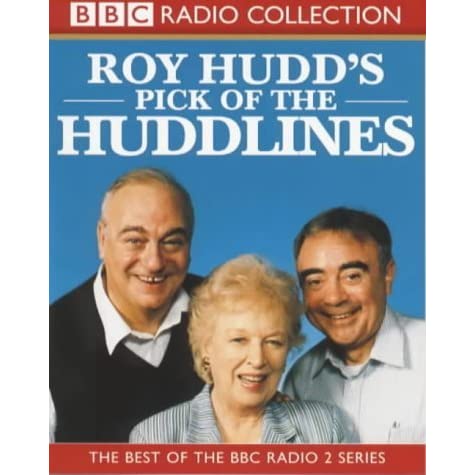
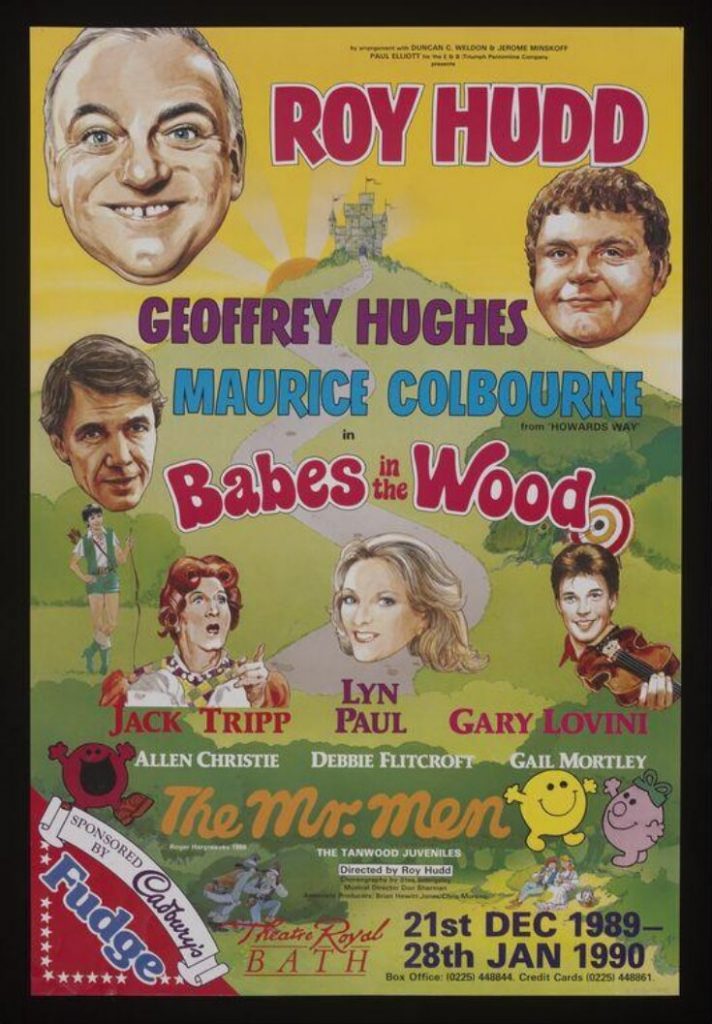
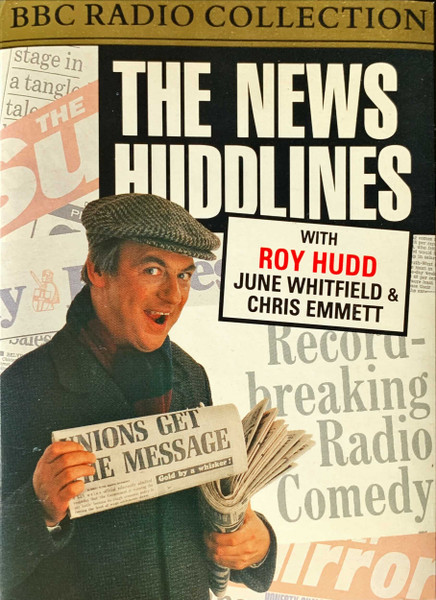
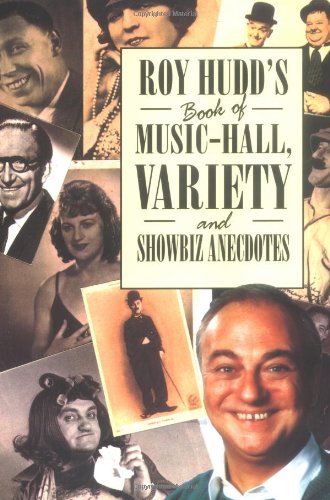
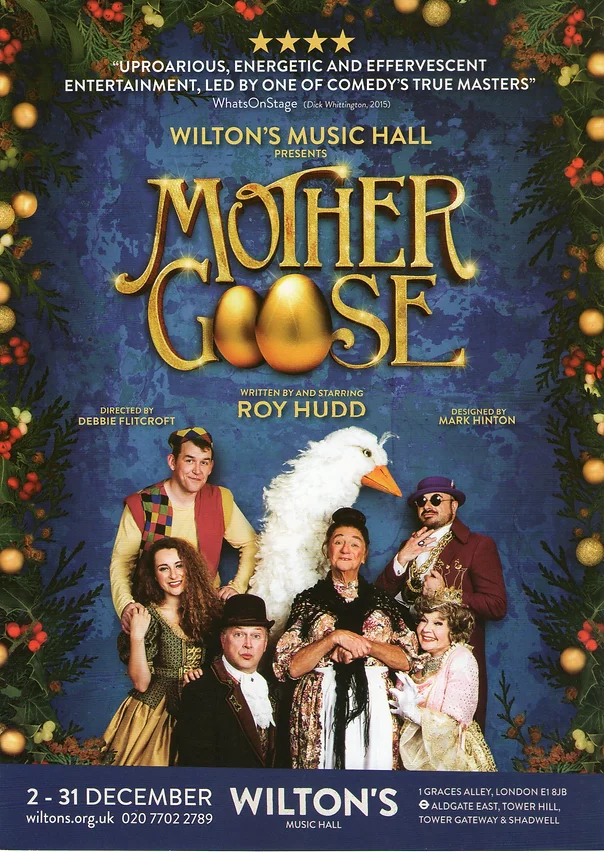
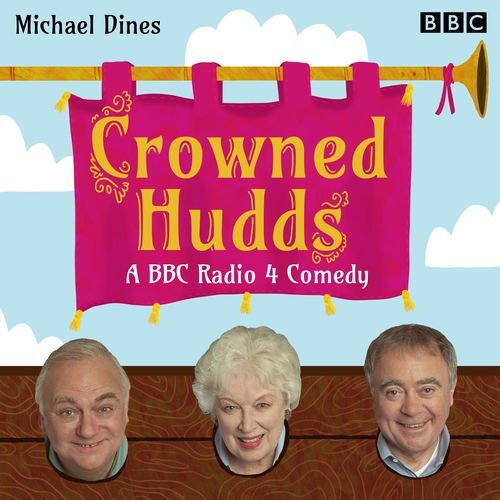
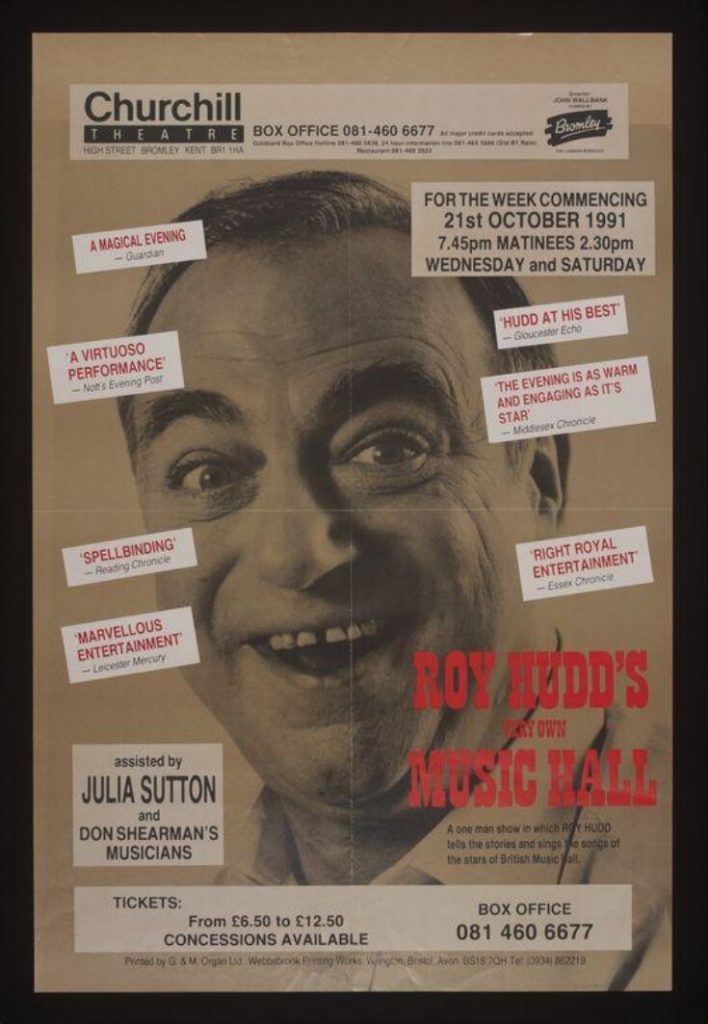
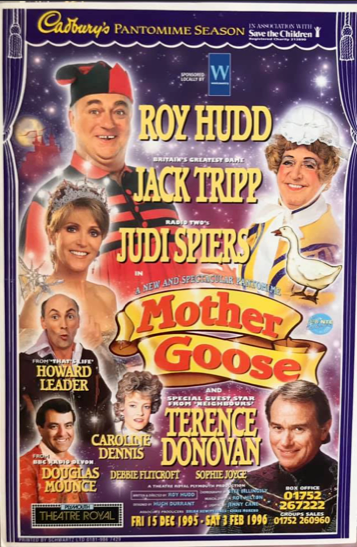
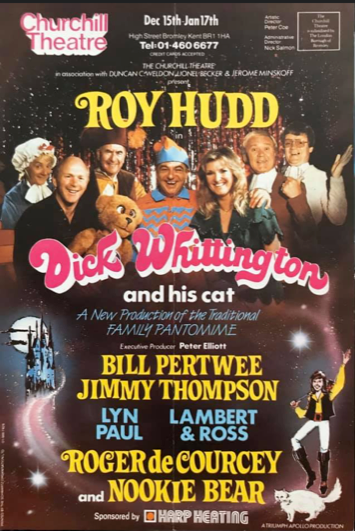
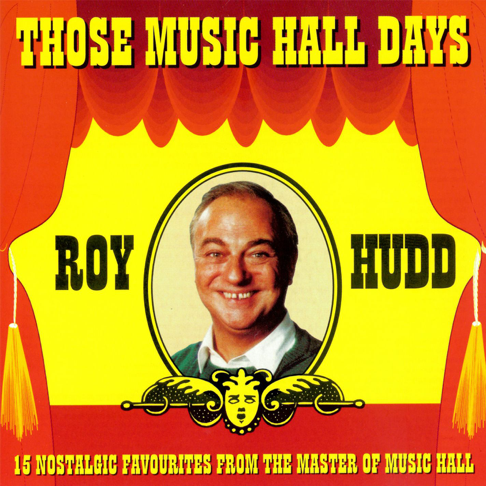
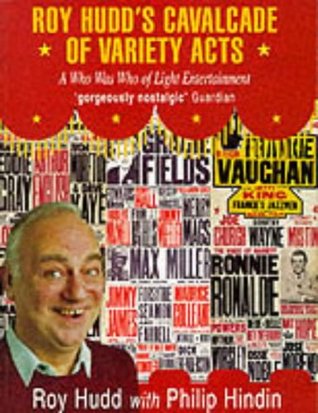
Hudd had several notable stage successes. He was Fagin in the revival of Lionel Bart’s Oliver! at the Albery in London in 1977, and in 1982 won a Society of West End Theatres award as Bud Flanagan to Christopher Timothy’s Chesney Allen in Underneath the Arches, which he co-wrote for Chichester Festival theatre with Brian Glanville and the theatre’s then artistic director Patrick Garland. The show went on to run at the Prince of Wales theatre for more than a year.
In 2008 Hudd played the title role in The Wizard of Oz at the Royal Festival Hall and for many years toured a one-man show impersonating Miller. He was also popular in pantomime, in 2015 writing Dick Whittington and His Cat, and playing the dame at Wilton’s Music Hall in the East End of London.
As an author and long-standing president of the British Music Hall Society, Hudd was considered to be Britain’s leading authority on the halls, and often featured in TV documentaries and profiles. He was also instrumental in the restoration of old theatres and the preservation of the memories of great performers through blue plaques and a vast archive of documents, film and images. His books covered pantomime, radio and humour as well as music hall and variety.
Hudd was appointed OBE for services to entertainment in 2004.
He is survived by his second wife, the dancer and director Debbie Flitcroft, whom he married in 1988; and by Max, the son of his first marriage to Ann Lambert, which ended in divorce.
Roy Hudd, comedian, actor, writer and broadcaster, born 16 May 1936; died 15 March 2020


